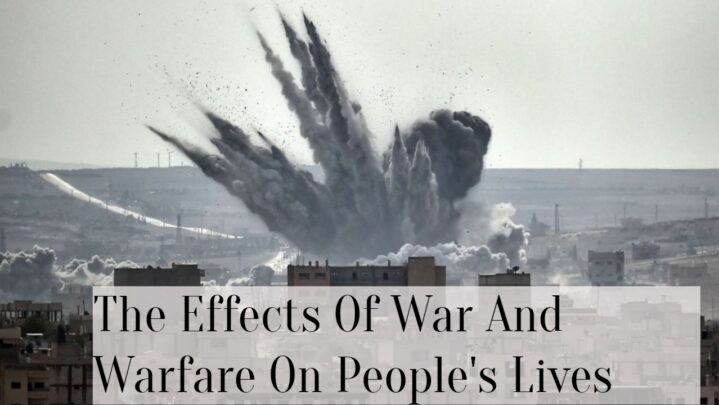Physical infrastructure damage may cause long-term economic issues and make it harder for people to receive fundamental services such as healthcare and education. Furthermore, the physical scars of battle can last for a lifetime, with many people suffering from impairments or chronic health issues as a result of their experiences.
The emotional consequences of war may be just as severe. War veterans frequently suffer from psychological trauma, such as depression, anxiety, and post-traumatic stress disorder (PTSD). This can result in a variety of emotional and behavioral issues that have a long-term influence on their life, such as substance misuse and relationship problems.
War may have far-reaching social consequences in addition to its personal consequences. For example, war may cause the disintegration of social systems, tearing families and communities apart. This can lead to a breakdown in trust and an increase in violence, making it difficult for individuals to reconstruct their lives and communities following a war.
War may also result in the destruction or damage of major historical structures and monuments, resulting in the loss of cultural heritage. This may have a significant influence on a people’s cultural identity, contributing to a sense of loss and separation from their history and legacy.
Despite the devastation caused by conflict and combat, humans have demonstrated extraordinary endurance and resolve in the face of adversity. Many towns have banded together to restore their homes and villages, and individuals have worked hard to overcome the psychological and physical wounds of war.
Also Read: Love As A Universal Force For Good: A Philosophical Investigation





